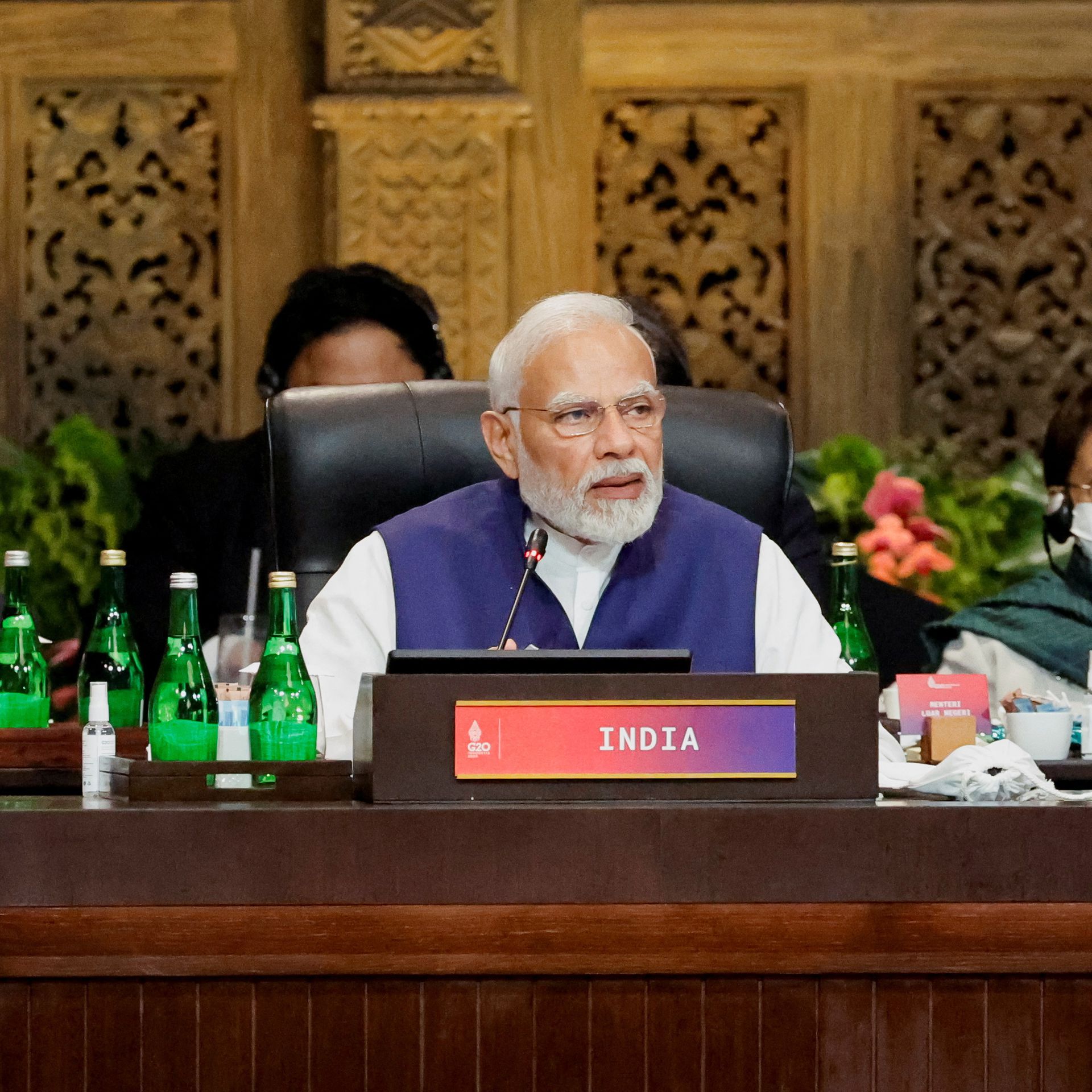PM Modi recently returned to India after participating in the ASEAN-India and East Asia Summits, leaving behind a trail of significant proposals and collaborative efforts to strengthen regional partnerships. The visit, marked by fruitful discussions and strategic initiatives, showcased India’s commitment to enhancing connectivity, digital transformation, trade, addressing contemporary challenges, fostering people-to-people contacts, and strengthening strategic engagement.
One of the key highlights of PM Modi’s visit was his proposal to enhance connectivity among participating nations. He envisioned the creation of a multi-modal connectivity and economic corridor linking Southeast Asia to India, West Asia, and Europe. This ambitious project aims to boost logistics, supply chains, infrastructure, clean energy, and solar grids, promoting seamless economic cooperation across borders.
In the realm of digital transformation, PM Modi emphasized the importance of the Digital Economy in driving future growth. India’s focus on cybersecurity and digital public infrastructure was evident as he introduced the “Digital India Stack” to the summit participants.
Trade and economic engagement were another significant area of discussion. While acknowledging the progress made in the “Asian-Indian Trade in Goods Agreement,” PM Modi stressed the need for a comprehensive review. He also advocated for initiatives like the ‘Asian-Indian Start-up Festival’ and ‘Innovation Summit,’ emphasizing the importance of economic collaboration and research.
Addressing contemporary global challenges was a key priority for PM Modi. In response to issues such as food security, fertilizer shortages, fuel concerns, and climate change, India has taken a proactive step by establishing the “Global Center for Traditional Medicine” in collaboration with WHO.
Promoting people-to-people contacts was the fifth area of focus, encompassing education, science, technology, research, tourism, and youth engagement. In a notable move, India announced the opening of its embassy in Timor-Leste, strengthening diplomatic ties and fostering closer relations with Southeast Asian nations.
The sixth and final area underscored the importance of strategic engagement, particularly in the Indo-Pacific region. PM Modi stressed the mutual interest in peace, security, prosperity, and progress. Maritime exercises initiated this year reflect India’s commitment to ensuring peace, stability, navigation, and unimpeded commerce in global sea routes. PM Modi’s call for adherence to international law, including UNCLOS, in the South China Sea discussions, demonstrates India’s commitment to upholding global norms.
In a tweet, PM Modi expressed his gratitude to ASEAN and other leaders for their warm welcome during the visit. His return to India coincides with the upcoming G20 summit scheduled in Delhi on September 9th and 10th, where further discussions and collaborations with global leaders are expected.














